Developing enquiries
In the EYFS this needs to be kept simple and activities should carefully build on previous learning. Read more
-

Chronology: Developing a coherent knowledge
ArticleClick to view -
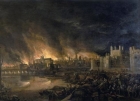
The Great Fire of London and the National Curriculum
ArticleClick to view -
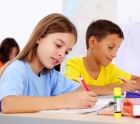
Curriculum planning: How to write a new scheme of work for history
ArticleClick to view -

The Early Years Foundation Stage Curriculum
ArticleClick to view -

Churches as a local historical source
ArticleClick to view -
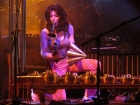
Towards inclusion: A study of significant figures and disability within the national curriculum
ArticleClick to view -

Teaching and learning about Grace O'Malley as a significant woman at Key Stage 1
ArticleClick to view -

Teaching famous people at key stage one
ArticleClick to view -

In My View: Creativity & History
ArticleClick to view -

Case Study: Promoting creativity, empathy and historical imagination
ArticleClick to view -
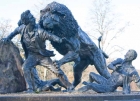
Thematic or topic based whole school curriculum planning
ArticleClick to view -

Creating the 'creative history' website
ArticleClick to view -
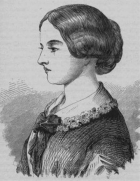
OFSTED, primary history and creativity
ArticleClick to view -

A creative Egyptian project
ArticleClick to view -

Case Study: Hit the net!
ArticleClick to view -

A museum in the classroom: Learning history from objects
ArticleClick to view -

Creating a school museum
ArticleClick to view -

From Champion to Hero: Engaging Pupils in a study of significant Olympians
ArticleClick to view -

An Olympic Great? Dorando Pietri
ArticleClick to view -

Story, myth and legend: The Story of Atalanta
ArticleClick to view

